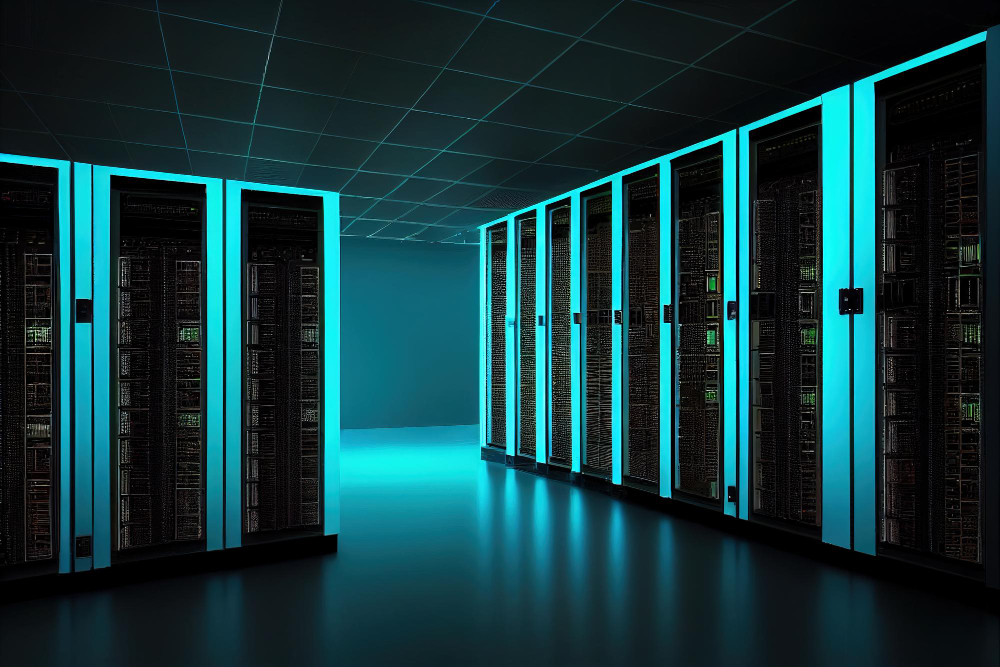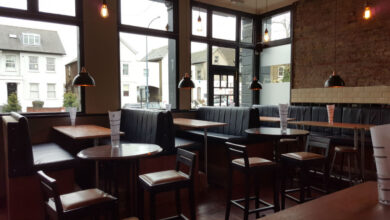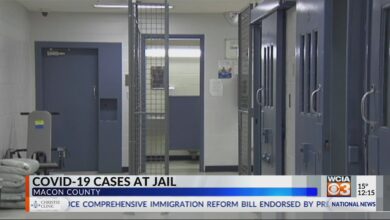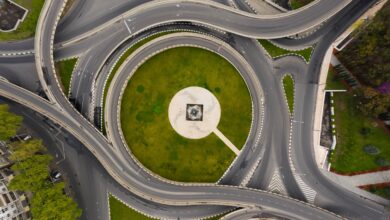In the world of data centres and server rooms, every component plays a crucial role in ensuring maximum efficiency and reliability. One often-overlooked aspect is the flooring. The right flooring material can contribute significantly to the overall performance and safety of a server room. In this article, we’ll delve into the importance of selecting the appropriate flooring materials and explore various options available to maximise efficiency.
Understanding the Importance of Server Room Flooring
Server room flooring is more than just a surface to walk on. It serves several critical functions, including providing support for heavy equipment, managing static electricity, controlling airflow, and maintaining cleanliness. Choosing the right flooring material is essential to ensure the seamless operation of servers and other equipment housed within the room.
Factors to Consider When Selecting Flooring Materials
When choosing flooring materials for a server room, several factors need to be taken into account. These include:
- Load-bearing capacity to support heavy equipment
- Static control to prevent damage to sensitive electronics
- Thermal insulation to regulate temperature
- Durability to withstand constant foot traffic and equipment movement
- Ease of maintenance and cleaning to uphold cleanliness standards
Options for Server Room Flooring Materials
- Raised Access Flooring: This type of flooring consists of removable floor panels supported by a grid system, creating a space underneath for cables and airflow. Raised access flooring offers excellent flexibility for cable management and airflow control.
- Anti-Static Vinyl Tiles: These tiles are specially designed to dissipate static electricity, reducing the risk of damage to electronic equipment. They are durable, easy to clean, and available in various designs to suit different aesthetic preferences.
- Rubber Flooring: Rubber flooring provides excellent shock absorption and noise reduction, making it ideal for server rooms with heavy equipment. It is also anti-static and resistant to spills, making maintenance hassle-free.
- Epoxy Coatings: Epoxy coatings offer a seamless and durable flooring solution that is resistant to chemicals, abrasions, and moisture. They provide a smooth surface that is easy to clean and maintain, making them suitable for high-traffic server rooms.
Load-Bearing Capacity and Structural Support
One of the primary considerations when selecting server room flooring is its load-bearing capacity. The flooring material must be able to support the weight of servers, racks, and other equipment without the risk of sagging or collapsing. Raised access flooring systems are often preferred for their ability to distribute weight evenly and provide structural support for heavy loads.
Static Control and Electrostatic Discharge (ESD) Protection
Static electricity poses a significant risk to sensitive electronic equipment in server rooms. Flooring materials with anti-static properties help dissipate static charges safely to the ground, reducing the likelihood of ESD-related damage. Anti-static vinyl tiles and conductive flooring systems are commonly used to provide effective ESD protection in server room environments.
Thermal Insulation and Temperature Regulation
Maintaining optimal temperature levels is critical for the reliable operation of servers and networking equipment. Server room flooring materials with thermal insulation properties help regulate temperature fluctuations, ensuring a stable environment for sensitive electronics. Rubber flooring and raised access flooring systems contribute to thermal insulation and help improve energy efficiency.
Durability and Longevity
Server room flooring is subjected to constant wear and tear from foot traffic, equipment movement, and environmental factors. It is essential to choose durable flooring materials that can withstand the rigours of daily use and maintain their integrity over time. Epoxy coatings and rubber flooring are known for their durability and longevity, providing long-term protection for server room infrastructure.
Maintenance and Cleaning Requirements
Keeping the server room clean and free of debris is essential for optimal performance and equipment longevity. Flooring materials that are easy to maintain and clean contribute to a hygienic environment and minimise the risk of equipment failure due to dust and debris buildup. Vinyl tiles and epoxy coatings require simple routine maintenance, making them popular choices for server room flooring.
Conclusion
Selecting the right flooring materials for a server room is a critical decision that can significantly impact its efficiency and reliability. By considering factors such as load-bearing capacity, static control, thermal insulation, durability, and maintenance requirements, organisations can ensure they choose a flooring solution that meets their specific needs. Whether opting for raised access flooring, anti-static vinyl tiles, rubber flooring, or epoxy coatings, investing in quality materials will ultimately contribute to the smooth operation of the server room and the protection of valuable equipment.
FAQs
1. Can I install carpeting in a server room?
While carpeting may seem comfortable underfoot, it is not recommended for server room environments due to its inability to dissipate static electricity effectively.
2. How do I determine the load-bearing capacity required for my server room flooring?
The load-bearing capacity depends on the weight of your equipment. Consult with a structural engineer or flooring specialist to assess your specific needs.
3. Are there eco-friendly options available for server room flooring?
Yes, some flooring materials, such as recycled rubber flooring and sustainable epoxy coatings, offer eco-friendly alternatives for server room environments.
4. Can I use standard vinyl tiles for my server room flooring?
Standard vinyl tiles may lack the necessary anti-static properties required for server room environments. It’s advisable to choose specialised anti-static vinyl tiles for ESD protection.
5. What maintenance practices are recommended for server room flooring?
Regular cleaning with non-abrasive, anti-static cleaners and avoiding harsh chemicals are recommended for maintaining server room flooring. Consult manufacturer guidelines for specific maintenance instructions.
Also read: Understanding Multi-Protocol Label Switching (MPLS) and Its Impact on Modern Networking





